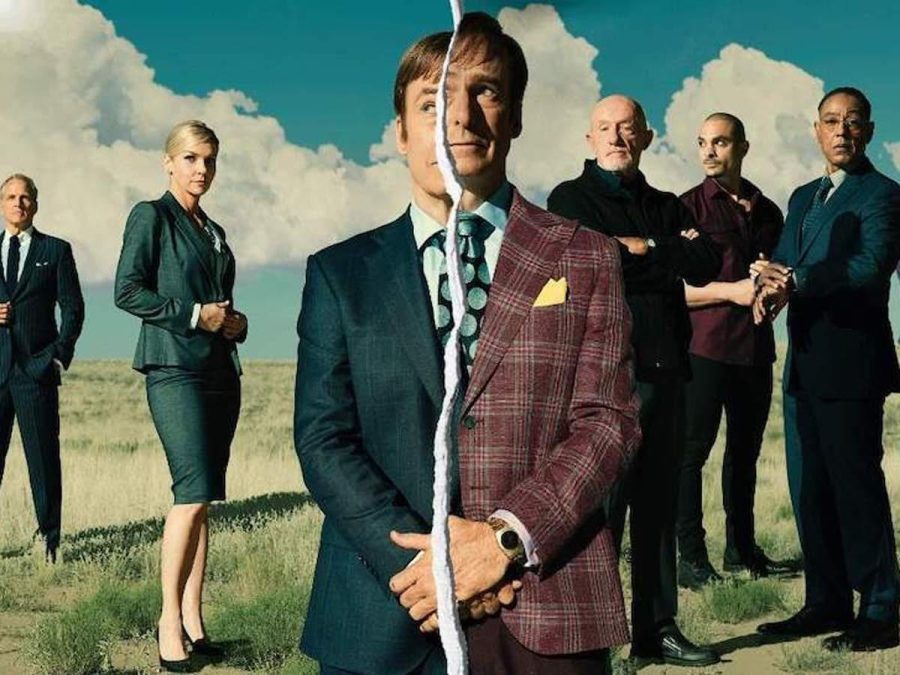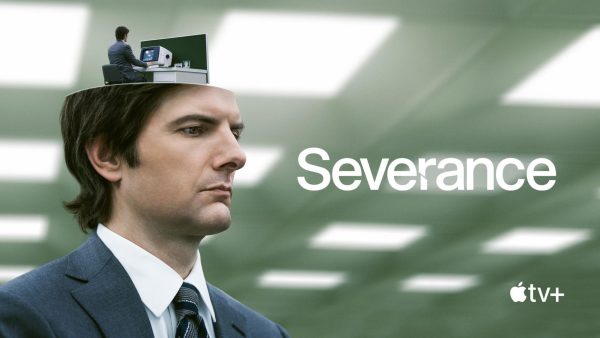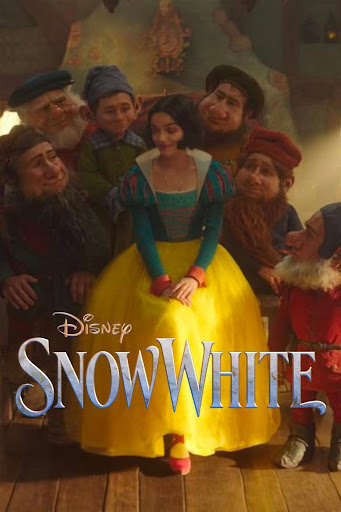Better Call Saul is much better than the Emmys give them credit for
Earlier this month, Better Call Saul saw nominations at the Emmys for its sixth time, having the opportunity to win four different awards this year. Yet the entire cast left the Microsoft Theater empty handed, and with the sixth and final season of the show aired, Breaking Bad’s successor will finish with no Emmy award wins to their name. Anyone who has seen the show should be confused by the lack of recognition, but if this show is new to you, hopefully I can paint a good picture of how egregious these snubs are.
When it was announced that Breaking Bad would have a spinoff, many worried if Vince Gilligan, both shows’ creator, could handle the task of making a prequel. Plenty of other beloved franchises have attempted to do the same and failed to replicate the entertainment of their predecessors—Star Wars and Lord of the Rings immediately coming to mind. Now that we have the benefit of hindsight, it’s safe to say these concerns were unnecessary and I’d go as far as saying Better Call Saul should be seen as a blueprint for how to make prequel stories in the future.
Saul Goodman was a bold choice to be the star of a spinoff. Throughout Breaking Bad, the extent of Saul’s purpose didn’t go much further than comedic relief and he was fairly one-dimensional compared to other candidates. Now it’s clear that picking a surface-level character gave them more flexibility while also combatting a challenge that comes with all prequels.
Since Breaking Bad fans already know the sleazy lawyer that Saul inevitably becomes, the mystery of wondering what happens to him is partly lost and is instead replaced by the question of “how does he end up there?” As a result, the first season introduces us to Jimmy McGill, Saul’s original alias, a man who is hardly recognizable outside of being played by Bob Odenkirk. To say the show takes its time shaping McGill into Saul Goodman would be an understatement, but it’s a very rewarding process to watch. It’s scarily impressive how the writers managed to take his character through so many unpredictable places while conserving the same airtight logic that made Breaking Bad special.
There was a clear emphasis by Vince Gilligan to have this show differentiate itself from his earlier work which he accomplishes in a number of ways. Throughout the first three seasons, there’s a heavy focus on the law as Jimmy tries to make a name for himself as a lawyer. The new additions of Chuck McGill, Jimmy’s brother, and his law partner Howard Hamlin give the story its antagonists, both providing unique conflicts that characterize Jimmy along the way. Kim Wexler acts as the show’s love interest who has an extraordinary character arc of her own, partly in thanks to the consistently great performances by actress Rhea Seehorn.
As the plot progresses, it slowly drifts into the drug distribution world, a bulk of which is dedicated to flushing out the backstory of the Salamanca family, showing just how much power they had over the cartel that had faded by the time Breaking Bad took place. It also introduces us to a new family member, Lalo Salamanca, midway through season four. Despite being absent from over half of the show’s lifespan, Lalo is one of the most memorable characters from Better Call Saul and makes a massive impact on every scene he’s in. Mike Ehrmantraut returns and, to heavily simplify his purpose towards the show, acts as the glue that keeps all the moving pieces of the crime storyline intertwined, teaming up with Gustavo Fring after he is brought back during season four.
The beauty of Better Call Saul is the attention to detail when it comes to the storytelling, cinematography and acting. Its pacing is slow at times but this is used to its advantage and allows the audience to fully appreciate how well made the show truly is.








